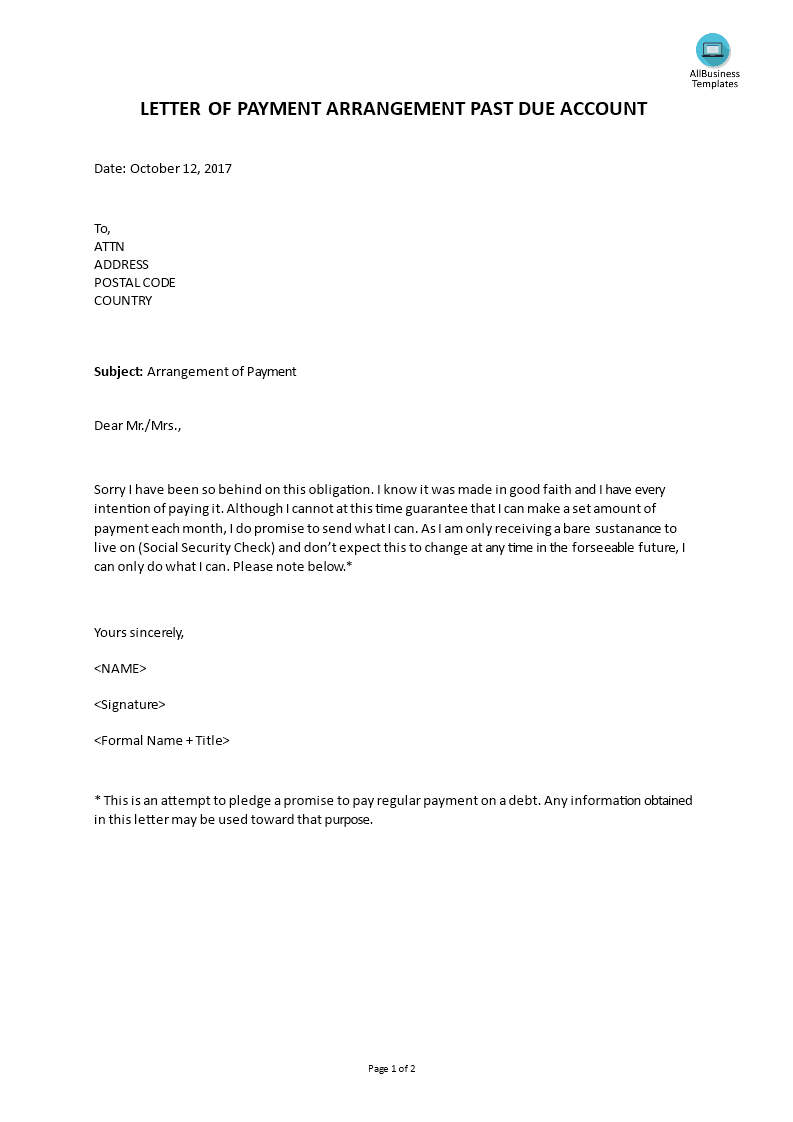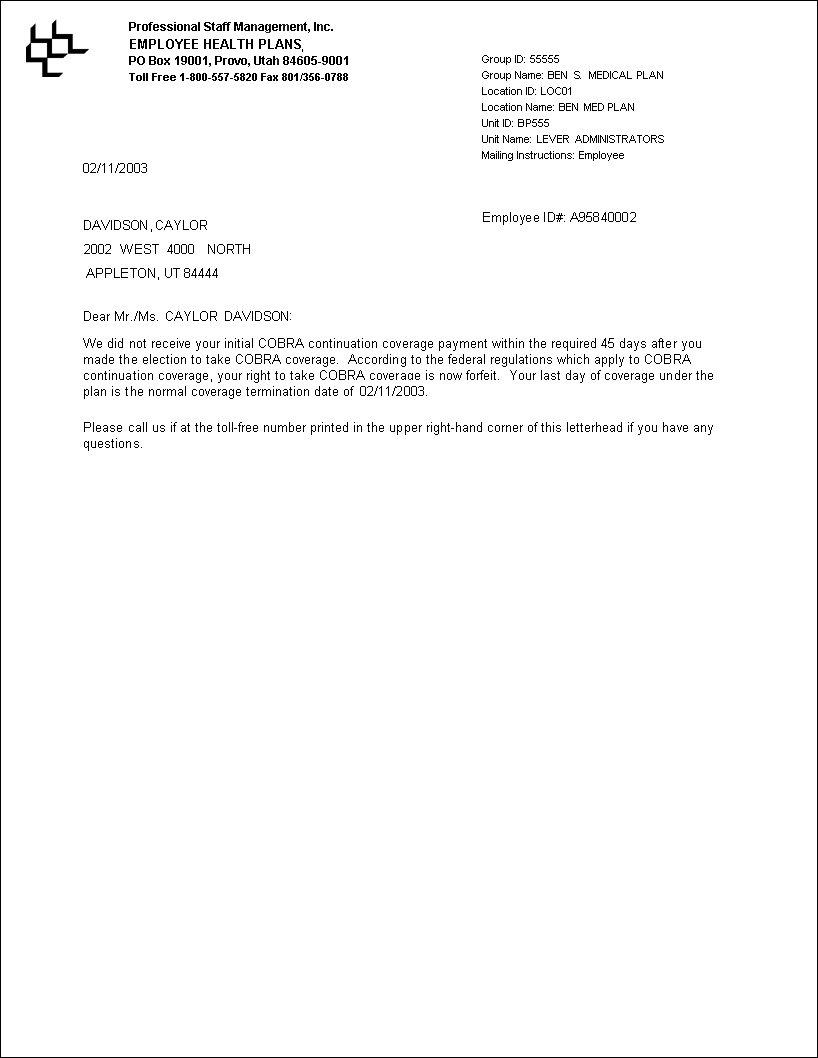

Past due payment free#
Be sure you set the alert for a time when you’ll be free to make the payments. Set up a recurring alert on your phone or computer for each bill's due date a week to a day before (depending on your method of paying).

There are a few ways things you can do to make sure you don’t forget to make a payment: The day before the due date is fine if it's a direct deposit. In that case, the bank sends a paper check through the mail, meaning you need to make the payment a week before the due date. Not all vendors take a direct deposit payment from a bank. If you pay bills through your bank, ask how the payments are sent out. The due date is a bit risky an issue with the site or your internet service could prevent you from making the payment. The day before the due date is fine if you pay directly to the creditor.
Past due payment full#
If you mail in a check or money order, it’s best to send payment a full week before the due date. When to pay your bills depends on how you pay your bills. Being sent to collections will show up on your credit report, drastically lower your score, and remain on your report for seven years. If you fail to respond after 120 to 180 days, your account is considered delinquent, and many creditors will send your account to collections. Most creditors will try to collect payment themselves, calling, emailing, and sending notices that your payment is late. If you can pay your bill after the due date, but before those 30 days are up, the late payment likely won’t end up on your credit report.Īfter 30 days, if no payment has been received, your account is considered past due. Most creditors report information to the credit bureaus every 30 days. If you pay the bill within the grace period, you may not face any or all of the consequences of making a late payment. Fortunately, many creditors and service providers offer a grace period ranging from a few days to 30 days past the due date. Late payments can also result in:Ī past due balance means you didn’t pay a bill by the due date.

Late payments and your credit scoreĪ late payment can drop your credit score dozens of points, especially if your score was high, and it remains on your credit report for seven years. We’ll explain late payments and your credit score, what 30 days past due means, when a past due account gets sent to collections, the best time to pay your bills, and what to do if you accidentally missed a credit card payment. That means late payments are the worst thing for your credit score! Your credit score is made up of five factors, and payment history is the most important, representing 35% of your score.


 0 kommentar(er)
0 kommentar(er)
